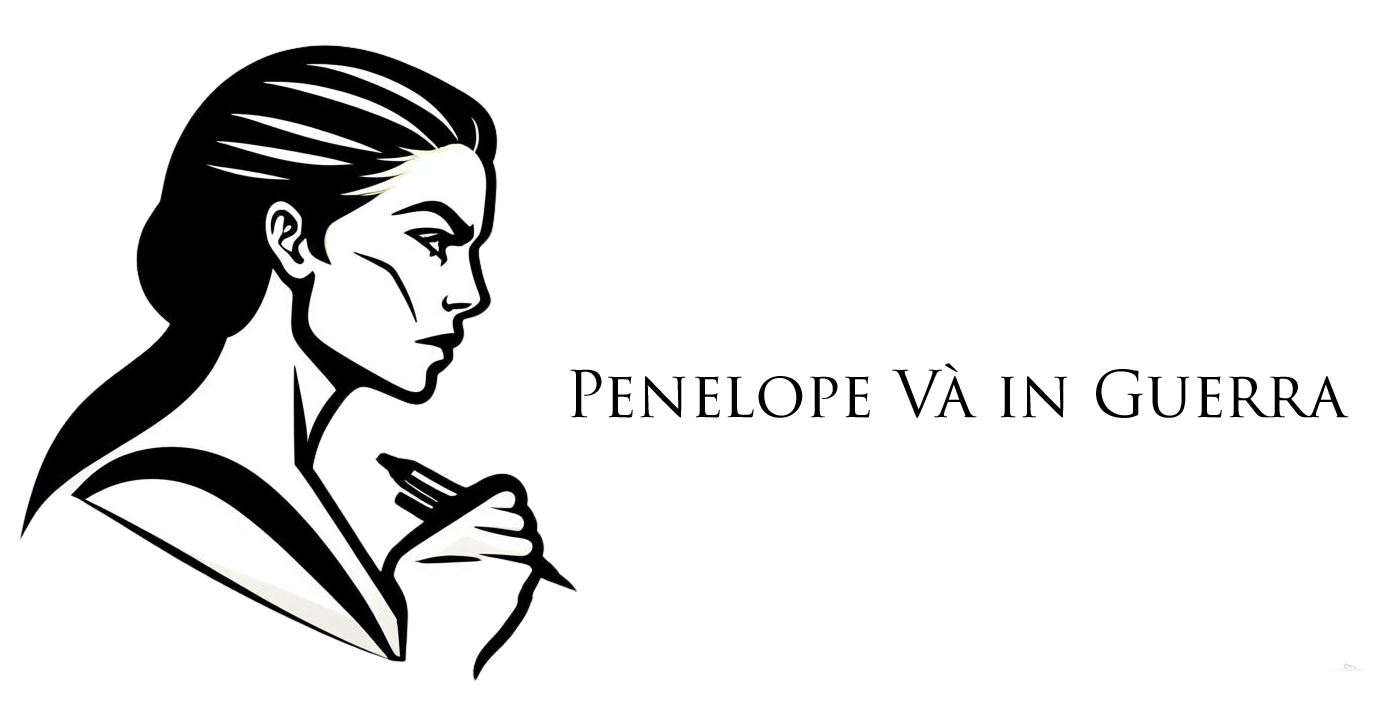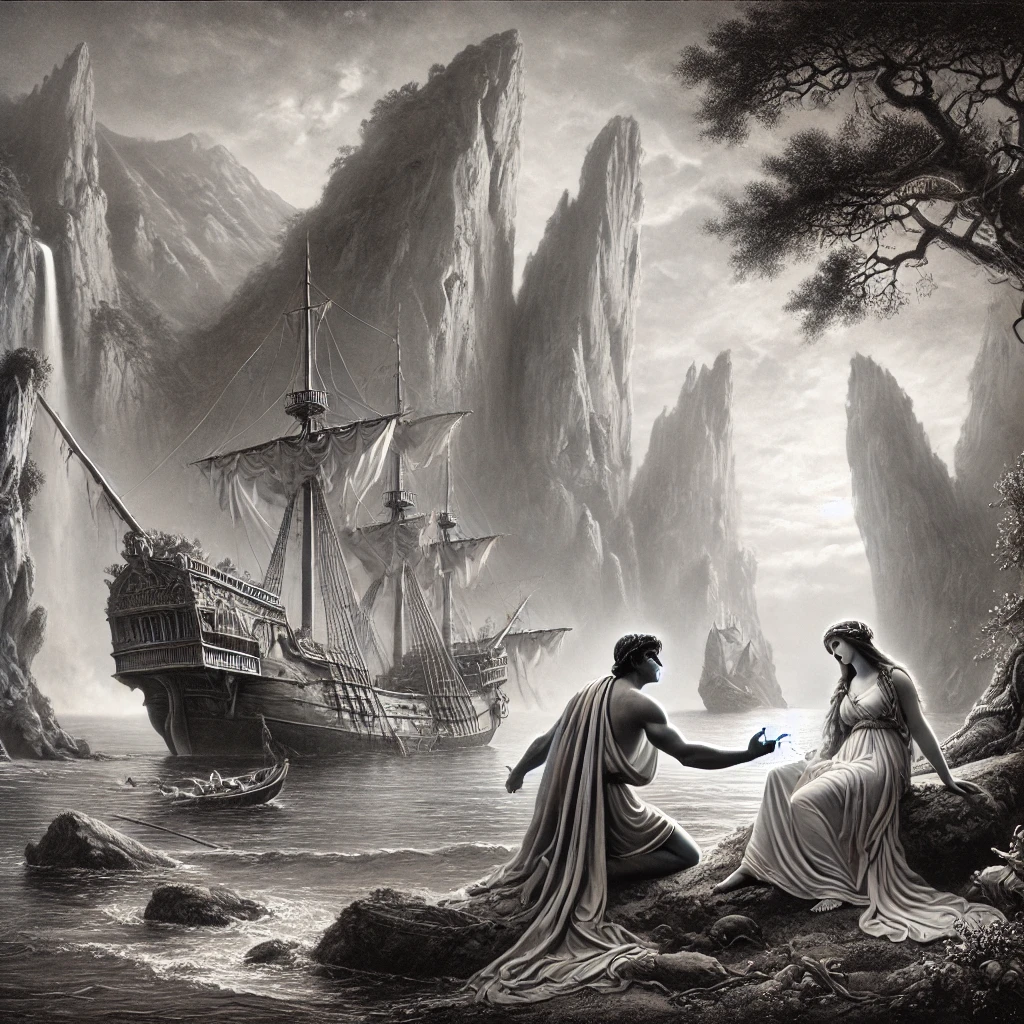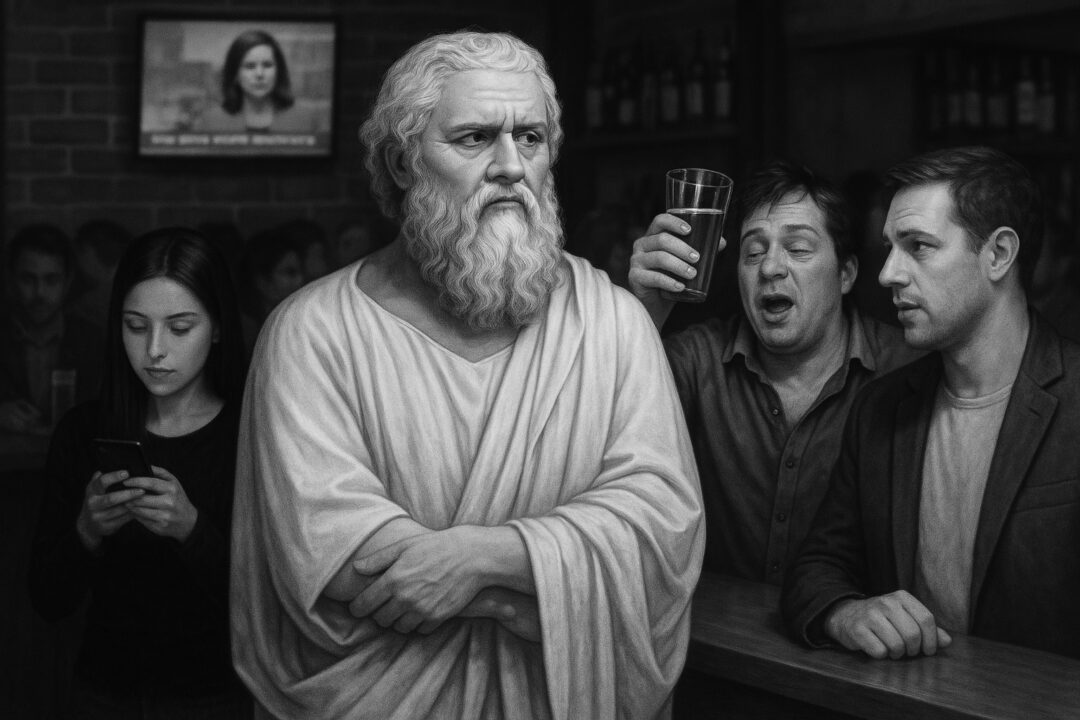We always expect states to behave with dignity, and when this doesn’t happen, citizens’ outrage grows.
While it’s positive to be outraged in front of an injustice, doing so without first acknowledging that we are the ones who are unjust is extremely petty. It means, in fact, shifting the responsibility onto others without taking our own, ignoring the contradictions within us.
People are shocked when politics acts like a thug, forgetting that politicians are human beings and, as often happens to human beings, they can be thugs too. And often, they are.
For example, what happened in the Almasri case sends chills down the spine of those who thought they were living in a state that, in theory, should protect human rights.
A brief summary:
Mr. Najeem Osema Almasri Habish is a 45-year-old Libyan citizen, but not just any citizen: he is the head of the Libyan judicial police, and the International Criminal Court has issued an arrest warrant against him because he is accused of rapes, torture, persecution, and inhuman detention (since 2015, he personally committed these atrocities or ordered others to do so).
This man, who is effectively a criminal, on January 18, 2025, was comfortably sitting in a stadium in Turin with a bloodstained conscience, watching a football match. Despite the arrest warrant already being issued and circulated, Almasri was sent back to Libya by the Italian government on a state plane, a Falcon 900, the same day of his arrest.
Why did Italy do this? Because there are agreements (“Memorandum of Italy-Libya”) between Italy and Libya that officially aim to “counter illegal immigration and strengthen border security”.
In practice, however, the Italian state finances and trains the Libyan Coast Guard to stop migrants before they can reach Italian shores.
How? Men, women, and children found at sea are taken to “reception centers”, where they are indeed received—but with torture, inhuman treatment, and abuse, forced to sleep in foul-smelling cells with their legs bent to their chest, covered with sores and pus, and eaten by flies. They are stripped of all their rights and sometimes killed.
That all this is reprehensible is indisputable, but what is even more reprehensible is the fact that, instead of openly admitting that this choice was dictated by political agreements and the logic that sometimes the end justifies the means, as Machiavelli teaches us, they hid behind a sea of convoluted lies, trying to appear flawless in the eyes of the public.
But what I want to focus on is not this single despicable act, but a deeper aspect of the issue: politics is nothing more than the mirror of the citizens who make it up.
Every day, people act based on their personal interests, doing exactly what they criticize in politicians: they seek recommendations to get a permanent job, evade taxes, deceive the system to obtain unjust benefits or subsidies, ask for favors to bypass the rules, while deluding themselves and claiming to be on the side of the “clean ones.”
The question we should ask is: if this is the behavior that is widespread, why do we expect those who govern us to be different?
Politics is idealized but is not an abstract entity; it is made up of human beings who reflect the collective mentality and behave as the average citizen would.
Therefore, it is not inappropriate to compare someone seeking a favor, ignoring common sense, just to secure a job and personal gain, with the Italian government, which ignored common sense and human rights in order to pursue its sole interest: keeping Libyan migrants away from Italian shores.
All of this was more important than protecting the rights of those who have suffered torture, abuse, rape, and mistreatment in Libya for years.
“The greatest of revolutions is the one we carry out in the deepest of our consciences,” said Pasolini. He tried, and it didn’t end well for him.
Because those who try show us exactly what we don’t want to see in ourselves.



